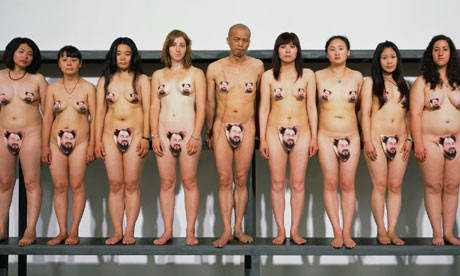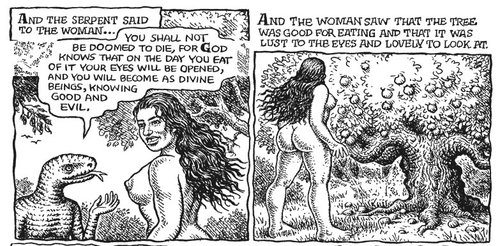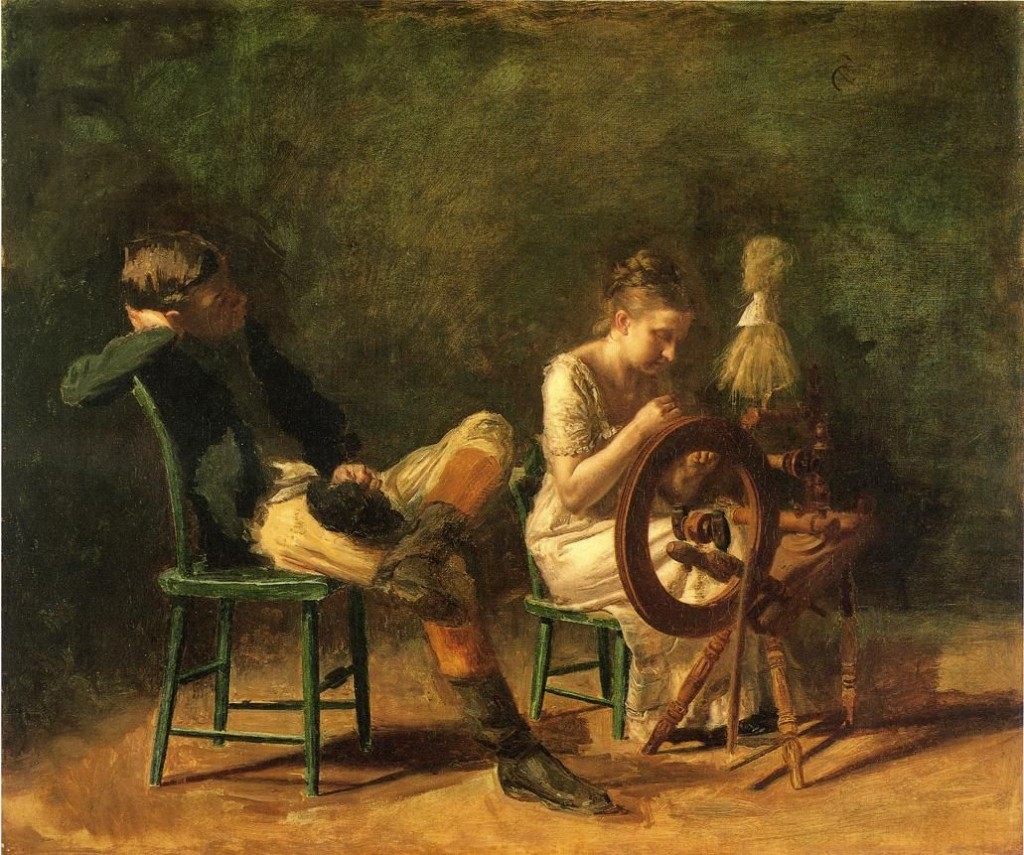Banality is typically North American. It lends itself to kitsch as kind of a general anaesthetic which tends to numb and mute over our differences, which helps us from cutting each others throats, at least in theory. Banality speaks to the masses, the commonplace, an anchoring in the reality principle from which the great American dramas of pathos and persecution, triumph and tragedy can be worked out. What the Frankfurt school types like Herbert Marcuse saw as homogenization is actually the American defense mechanism to blunt political hatred and social criticism, into an overall cultural phenomenon, to channel the gratefulness of American exceptionalism into some physical totem and save our elders from rocking and howling to the ancient sages and prophets. No better to atone over a turkey and play out the Black Friday phenomenon with the sacred chestnut of family.
Perhaps all the mythical monsters can all be reduced to the human as consumer, the individual as quirky abstract object, someone with a muted subjectivity, and precious little if any power of movement and agency; Even the demons are virtually impotent, even when manifesting potency by displays of militarism, shootings, murder etc. and a little more frightfully, more anxiety and hysteria than consumption can reasonably absorb.

Paradox of Thrift. ---When artist Ai Weiwei disappeared, supporters made online appeals for his return. When authorities handed him a £1.5m tax bill, they sent money to help pay it. And now that he faces an investigation for spreading pornography – his admirers have stripped off. Internet users began tweeting their nude photographs after Ai announced that authorities had questioned his cameraman over pictures which showed the artist and four women naked. Read More:http://www.guardian.co.uk/world/2011/nov/21/ai-weiwei-porn-investigation-naked
The paradox of Keynes, his paradox of thrift is a case in point on Black Friday, of the American ingenuity of restoring the unfamiliar and speaking to the masses eager for the sublime experience, which means a certain regression, a return to origins, metaphors for the next best thing to explicit sex, an almost carnal entreaty to spend, is also an expression of self-doubt. The self-doubt before the creative leap amidst an anxiety and fear of sharing in the New Worlds obsession for avoiding the emotional catastrophe. The argument of Keynes, within our context, is that there is no such thing as saving money. It all gets spent eventually. His intuition was that saving money ultimately means having less money, since saving removes cash from circulation short circuiting the multiplier effect. One could argue its subversive or transgressive to save money and equally perverse that merchants base their entire sales message on this idea of saving.

Homer Winslow. ---Later he mocked the stress test, which forced over-leveraged banks to raise needed capital. This was bad for Buffett because it diluted his stakes in banks. Less well-known is that Buffett was the first to propose a private-public partnership structure in order to rescue troubled banks. In a letter to Hank Paulson in the fall of ’08, cited in Andrew Ross Sorkin’s recent book, Buffett pitched his idea for a “public-private partnership fund” that would use public debt to finance private bets on toxic assets. When Tim Geithner rolled out a similar plan a few months later, it was widely panned as a giveaway to banks. Buffett later complained about bailouts in his annual letter to Berkshire investors, saying that government subsidized funding put firms like Berkshire at a disadvantage. He failed to note that public subsidies — in particular FDIC’s Temporary Liquidity Guarantee Program — helped to keep afloat the eight banks in which Berkshire had a stake. From the end of ’08 through July of ’09, 75 percent of the debt sold by these eight banks came with the explicit government guarantee offered by TLGP. Without it, many might have failed, wiping out Berkshire’s equity stake.--- Read More:http://blogs.reuters.com/rolfe-winkler/tag/warren-buffett/ image:http://www.butlerart.com/pc_book/pages/winslow_homer_1836.htm
…Where does one start? Probably at the end: “I am not surprised by the strength of retail sales, because i knew that 30% of consumers are responsible for retail sales, and these 30% did much better because of the performance of capital markets. I don’t think it is indicative of anything going forward. I don’t think the economy is going to get any better. If you look at our fiscal and monetary policy, we went two trillion in the hole last year. Two trillion… to produce this… and unemployment went up to 9.8%! We’ve spent two trillion we’re printing money we’re going bananas. Our balance sheet, we’ve got $2.6 trillion on there, and what;s on there government securities, and MBS.” And here is the kicker for the world’s biggest hedge fund, which at least one person besides Zero Hedge appears to get: “If interest rates go up a point Bernanke’s bankrupt. Everything he’s bought is underwater. All the MBS are underwater, the whole country is underwater.” Does anyone see the issue now with why rising interest rates, aside from predicting a “recovery”, may also, courtesy of its now $2 billion DV01, “predict” the insolvency of the Federal Reserve?…
…And in addition to dissecting the collapse of Sears, Davidowitz observes what should be a loud glaring alarm signal for the likes of Ackman and all those who are betting on the resurgence of the US mall storefront and the likes of General Growth: the bulk of store traffic is moving online (where incidentally the only jobs created are those of packagers and QC line people either in China or in soe warehouse in TX, CA or FL). To wit: …
…Online sales have to lead you to question the whole retail selling strategy. We have 21 square feet of selling space for every man woman and child in this country. We already have double of what we need. With the explosion of online sales, what happens to all these retail malls and shopping centers which are marginals? Huge changes are going to be taking place as people continue shopping online…. In the end what do you do with the retail space…This is going to be a huge question for retail in the next ten years, that’s why Walmart is starting to build smaller stores, that’s why Walmart is building more overseas than they are building here. It’s going to be the biggest retail change that we’ve ever seen.” Read More:http://www.zerohedge.com/article/must-see-howard-davidowitz-destroys-recovery-illusion-debunks-consumer-renaissance
Read More:http://occupywallst.org/article/solidarity-striking-chinese-workers/








 COMMENTS
COMMENTS